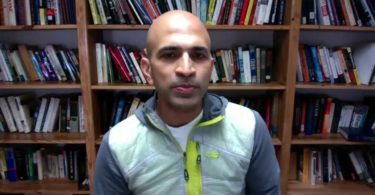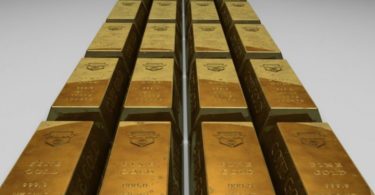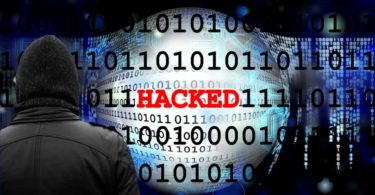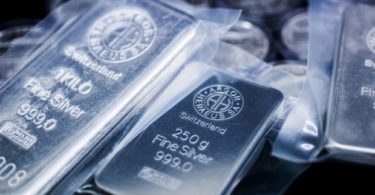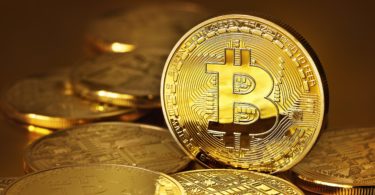This story was originally published here.
I reached out to my good friend Cactus yesterday. He’s an independent oil producer in Abilene, Texas. That’s the epicenter for U.S. oil.
I try to spend a week or two out there every year to keep my finger on the pulse of West Texas.
The latest collapse in oil price and demand will hit Cactus and his industry hard. After the usual catching up about family and ranch conditions, we jumped into the oil business. Specifically, Chesapeake Energy Corp. (NYSE: CHK).
“Everything they do is wrong.” Were Cactus’ first words.
Chesapeake used to be a world leader in natural gas fracking. In 2012, it was the second largest natural gas producer in the U.S. They led the charge in many of the U.S. shale gas plays in Pennsylvania, Ohio and Texas.
It overspent constantly. It paid huge premiums to lease land. And it leased tons of land, based off of high expectations.
And then natural gas prices collapsed. It fell from over $8 per thousand cubic feet (MCF) in February 2014, to $1.49 per MCF in March 2016. It was a disaster for natural gas producers.
The company tried to pivot to oil, but it was a disaster.
Chesapeake racked up massive debts, over $13 billion in 2013. But back then, they had the revenue ($18.8 billion in 2013) to support it … for a while anyway.
The problem was, they company never generated any free cash flow. As longtimereaders of Real Wealth Strategist know, we love companies with free cash flows.
Positive free cash flow means that the company has made more money than it needs for the year. In other words, it is profitable. That cash can go to paying down debt, paying shareholders or stashed in the bank against a rainy day.
Chesapeake was never profitable. From 2013 to 2019, Chesapeake’s free cash flows were a negative $12.5 billion. More importantly, it never had a year that had profitable free cash flow. Not one.
And their share price reflected that. The company did a 1-to-200 reverse split on April 13. Meaning every 200 shares of Chesapeake that you had, became one new share. It did that to meet the stock exchange’s listing requirement.
The New York Stock Exchange requires at least a $1 per share. If the price falls below that, the exchange will ask that a company do a reverse split, like Chesapeake had to do.
Normally, a stock roll-up like that isn’t terrible. You aren’t losing any value … theoretically. But in Chesapeake’s case, the share price collapsed like a popped balloon. Just look at this chart:

The split adjusted share price fell from $200 in January 2020 to $16.28 today. That’s a decline of 92% in four months. That’s a total loss. And it could fall further. It wouldn’t surprise me at all to see Chesapeake file for bankruptcy soon.
That’s a huge blow for the former #2 gas producer in the U.S. And Cactus thinks this downturn will claim many more former rock star shale companies.
Editor's Note: To see the list of companies at risk, click here.
This $1 Bill Holds a Powerful Secret
You have to watch this interview.
In it, I explain why I believe we are on the precipice of “America 2.0” … an era of economic prosperity that will help everyone from 10-year-olds to 100-year-olds thrive.
In it, I explain why I believe we are on the precipice of “America 2.0” … an era of economic prosperity that will help everyone from 10-year-olds to 100-year-olds thrive.
The host was confused.
Baffled.
Lost.
He started quoting headlines from the mainstream media claiming the exact opposite:
“The United States is Broken as Hell”…
And “The American Dream May Be Dead.”
I simply pulled out a $1 bill.
Then I used it to explain the secret force that drives the U.S. economy, and how it was about to infuse America with $121 trillion.
The host went from doubt to belief … and from worry to confidence.
To watch the interview, and see the secret inside the $1 bill, simply click here.
Full disclaimer… this is the same secret that helped me sidestep the stock market crashes of 2000 and 2008, and helped the hedge fund I once managed receive a “world’s best” rating from Barron’s and top 1% ranking by Kiplinger.


